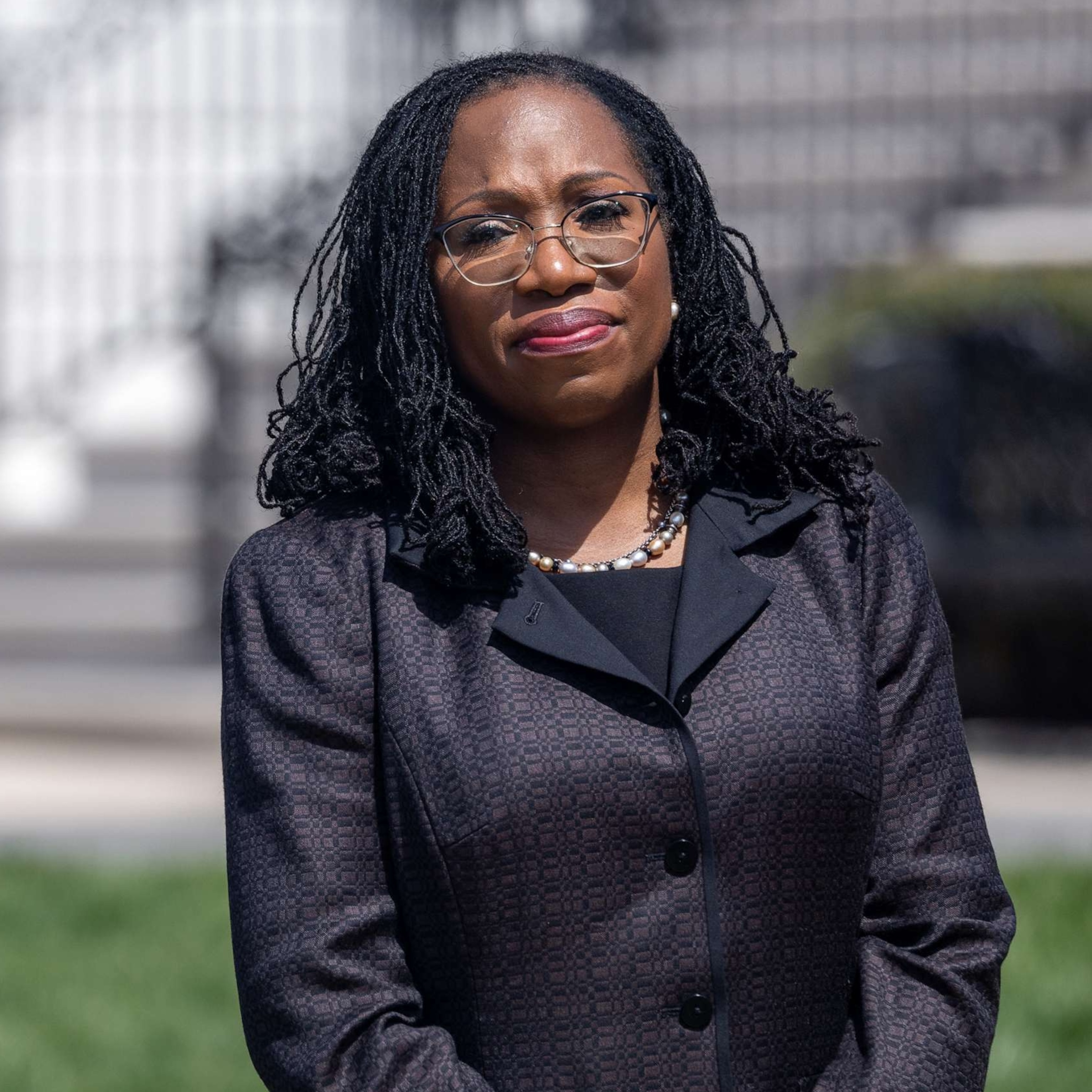Justice Ketanji Brown Jackson blasts 'let-them-eat-cake obliviousness' in Supreme Court affirmative action dissent
"Deeming race irrelevant in law does not make it so in life," she wrote.
Justice Ketanji Brown Jackson accused the Supreme Court's conservative majority of a "let-them-eat-cake obliviousness" on the issue of race in its landmark ruling on affirmative action.
The Supreme Court on Thursday struck down the way Harvard University and the University of North Carolina use race-conscious admissions policies, stating they violated the equal protections clause of the Fourteenth Amendment.
Chief Justice John Roberts, who authored the opinion, said the schools' programs had employed race "in a negative manner" and lacked meaningful end points. Instead, the court said institutions of higher education can only consider how race has impacted an individual applicant through their personal experiences or narrative.
"In other words, the student must be treated based on his or her experiences as an individual -- not on the basis of race," Roberts wrote. "Many universities have for too long done just the opposite."
The court's three liberal justices -- Jackson, Sonia Sotomayor and Elena Kagan -- dissented.

Jackson, the first Black woman to serve on the bench, called the decision a "tragedy for us all."
"With let-them-eat-cake obliviousness, today, the majority pulls the ripcord and announces 'colorblindness for all' by legal fiat," she wrote in a dissent in the UNC case. "But deeming race irrelevant in law does not make it so in life."
"And having so detached itself from this country's actual past and present experiences, the court has now been lured into interfering with the crucial work that UNC and other institutions of higher learning are doing to solve America's real-world problems," she continued.
"No one benefits from ignorance. Although formal race linked legal barriers are gone, race still matters to the lived experiences of all Americans in innumerable ways, and today's ruling makes things worse, not better."
Justice Sotomayor, who has publicly praised the impact of affirmative action on her education and career, also said "entrenched racial inequality remains a reality today."
"Ignoring race will not equalize a society that is racially unequal," she wrote.
Justice Thomas, the court's only Black man, has a sharply different view on affirmative action's role in his life. He's called the programs paternalistic and that he felt stigmatized after attending Yale Law School at a time when his race was taken into consideration.
In a rare move, Thomas read his concurring opinion aloud in court on Thursday and responded to some of Jackson's arguments.
"Rather than focusing on individuals as individuals, her dissent focuses on the historical subjugation of black Americans, invoking statistical racial gaps to argue in favor of defining and categorizing individuals by their race," Thomas wrote.
"As she sees things, we are all inexorably trapped in a fundamentally racist society, with the original sin of slavery and the historical subjugation of black Americans still determining our lives today ... I strongly disagree."




